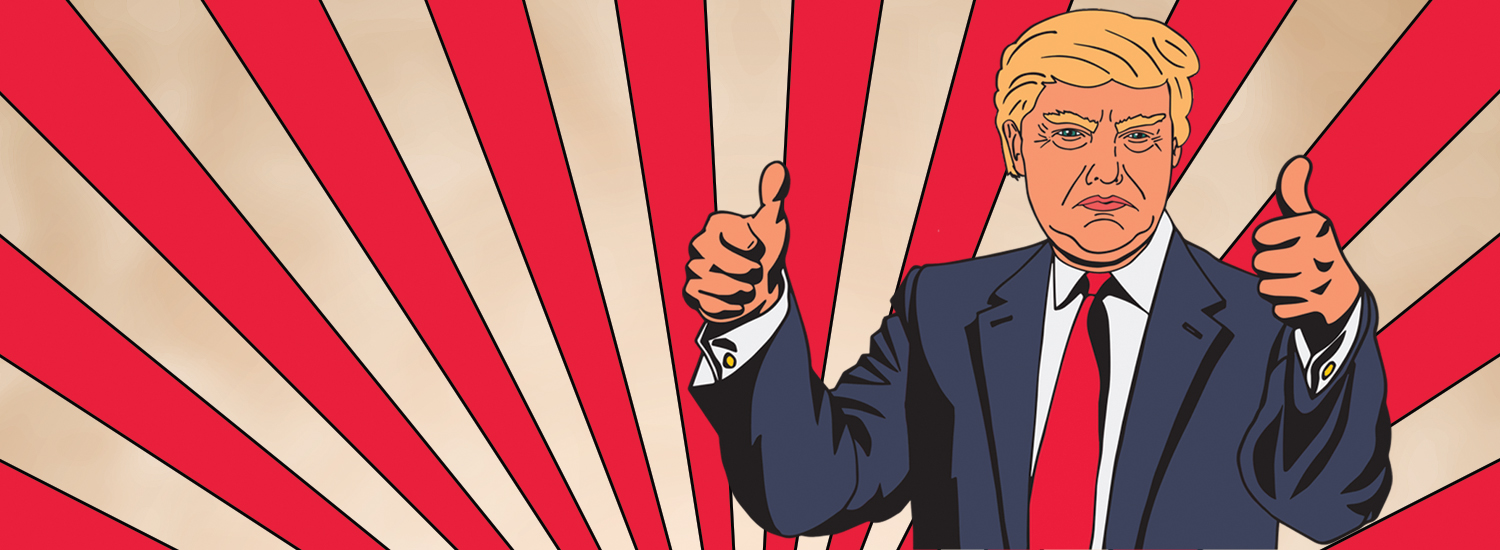
Why society and consumers are rejecting the establishment.
Consumer power, driven in part by technologies such as Google search and social media have rebalanced the old model of information asymmetry – empowering consumers to make more informed decisions on what they buy.
Social media in particular gives consumers a seat at the Boardroom table of companies and even in parliamentary cabinets, which they’ve never had access to before. The general paying and voting public don’t have to accept things they don’t like – they can complain and be heard.
In 2010 Australia had its first hung parliament in almost 70 years. In the 2013 federal election, a quarter of the electorate voted for non-mainstream parties. We have had four different prime ministers in the past five years.
Discontent is rife and people now have the will and the power to change not just their minds, but their prime minister as well, mid-term if they want to!
Consumers and voters are now empowered to make more informed decisions on what they buy, or buy in to, so instead of caveat emptor, “let the buyer beware”, the power has shifted to caveat venditor, “let the seller beware”. Sellers must now be responsible for any problem the buyer might encounter, whether they are legally obliged to or not.
This new paradigm has changed how businesses and brands operate. In marketing terms, they must become more customer centric, meaning they must put the customer at the heart of everything they do. From new product development and customer and supplier services, right through to their commitment to social and charitable programs.
Businesses must also have a clear purpose, meaning they need to stand for something bigger, more aspirational than just the function of the products and services they manufacture and sell.
Peer-to-peer platforms such as Airbnb and Uber use online technology to help strangers interact and do business. Various digital platforms host markets in accommodation, travel, art, finance and labour, among other fields.
Whilst the rise of the sharing economy is saving Australians more than $500 million on taxi bills, it’s also helping put underused property and other assets to work, and increase employment and income for people on the fringe of the job market.

In rural Australia particularly, anti-establishment sentiment is at a tipping point, evidenced through the foreign ownership debate and even more so with the Fonterra and Murray Goulburn milk price claw back outrage.
Resentment towards anything that can be described as government, quasi government or big business, built up over recent years due to globalisation and restructuring, resulting in reduced regional services or competition, has created a sense of ‘victimisation’.
This winter of discontent in rural Australia is the perfect breeding ground for new business models to emerge and traditional market structures to be disrupted.
There is a strong feeling that big changes to society are happening without anyone actually deciding on them. Children use technology their parents don’t understand. People cannot find a job as good as the one they used to have. Their daughter or son can’t afford to buy a farm or a house half the size of their own.
So which rural and agricultural industries are ripe for disruption?
Experience from other market sectors would indicate it is those that do not have significant competition; have been inflexible and difficult to do business with and who regularly exercise control over their customers. Think banks, real estate agents, rural retailers, health services, food markets, processing industries and the labour market.
If rural and agricultural brands, businesses and political parties ignore the anxiety, malaise and resentment, and retreat from tolerance and market acceptance to isolationism, protectionism, patriotism and conservatism, then they risk swift irrelevance and extinction in today’s #zfg environment.